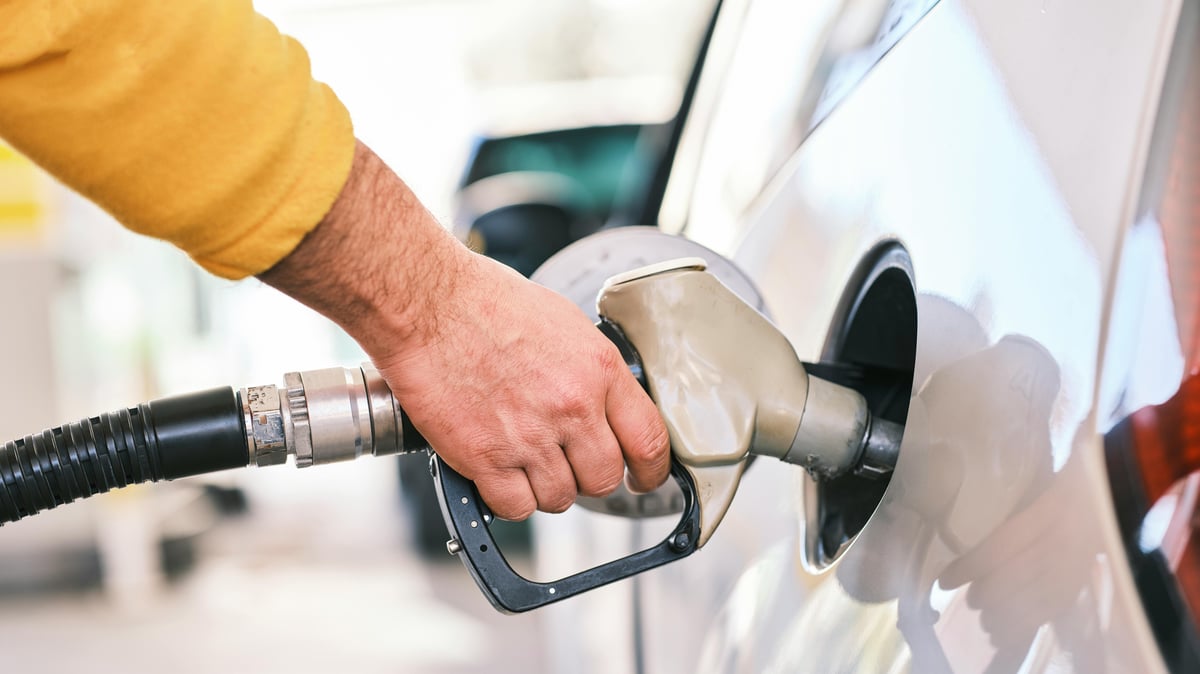The government has taken several steps to mitigate pollution, including halting new construction projects and promoting the use of electric and hybrid vehicles. | Image used for representation purpose only/ Pexels
Environmentalists have cautiously welcomed the Bombay High Court’s recent suggestion that diesel-powered vehicles should be gradually phased out in order to curb pollution in Mumbai
Increasing air pollution levels have raised serious concerns among citizens, environmentalists and transport experts. With air quality indices hovering between 150 and 180, the city is grappling with pollution caused by construction activities and vehicular emissions.
The government has taken several steps to mitigate pollution, including halting new construction projects and promoting the use of electric and hybrid vehicles. But experts agree that drastic measures may be needed to prevent Mumbai from reaching Delhi’s alarming pollution levels.
Environmentalist Stalin Dayanand of Vanashakti emphasised that diesel cars and generators significantly contribute to pollution in densely populated cities like Mumbai. “Diesel vehicles and generators must be banned. The AQI will not improve unless stringent steps are taken,” he said.
Others, however, caution against a blanket implementation.
“It is a good move to safeguard our environment,” said BN Kumar, director of NatConnect Foundation. “But the policy should be implemented in a phased manner depending on the age of the car and its PCU levels,” he said.
“Motorists spend extra money to buy diesel vehicles due its cheaper price as compared to petrol. Hence, the diesel car owners must be adequately incentivised for giving up their vehicles. Also, government should encourage affordable CNG kits to be fitted in diesel cars.
CNG outlets or for that matter the EV charging points are still not common. Policy-makers must pay attention to this to avoid crisis at filling and charging points,” Kumar added.
AV Shenoy, noted transport expert and co-founder of the Mumbai Mobility Forum stated, “With toll nakas closed, how will the entry of outside diesel cars into Mumbai be controlled? What happens to the existing diesel cars in the city, and what percentage of the total vehicles do they represent? How much of a reduction in CO2, NO2 and SO2 levels can be realistically expected? Will vehicle owners be given a transition period of five-seven years? Additionally, what measures will address trucks and light commercial vehicles, which are significant diesel polluters? Will they also face a ban?”
According to sources, authorities are in talks with automakers to introduce BS7 norms, which could lead to the discontinuation of some diesel engines nationwide. Mohammed Afzal, a transport expert, said that the Energy Transition Advisory Committee has recommended banning all diesel vehicles by 2027 in cities with high pollution density. This ban would cover not only new vehicle sales but also vehicles older than 10 years. “While the ban aims to reduce pollution, it may have significant implications for the automotive industry and vehicle owners,” Afzal added.
However, when contacted, Rishi Aggarwal, Director of the Mumbai Sustainability Centre, said, “There is no need to issue such an order. Most major companies have already stopped producing diesel cars, so the phase-out will happen automatically in the near future.”
“As diesel-powered vehicles continue to lose market share, the focus is shifting towards gasoline and alternative fuel vehicles, such as CNG and electric cars. The diesel share in the total Indian passenger vehicle market has declined significantly, from around 36% in 2018 to 18% currently,” further stated Aggarwal.
